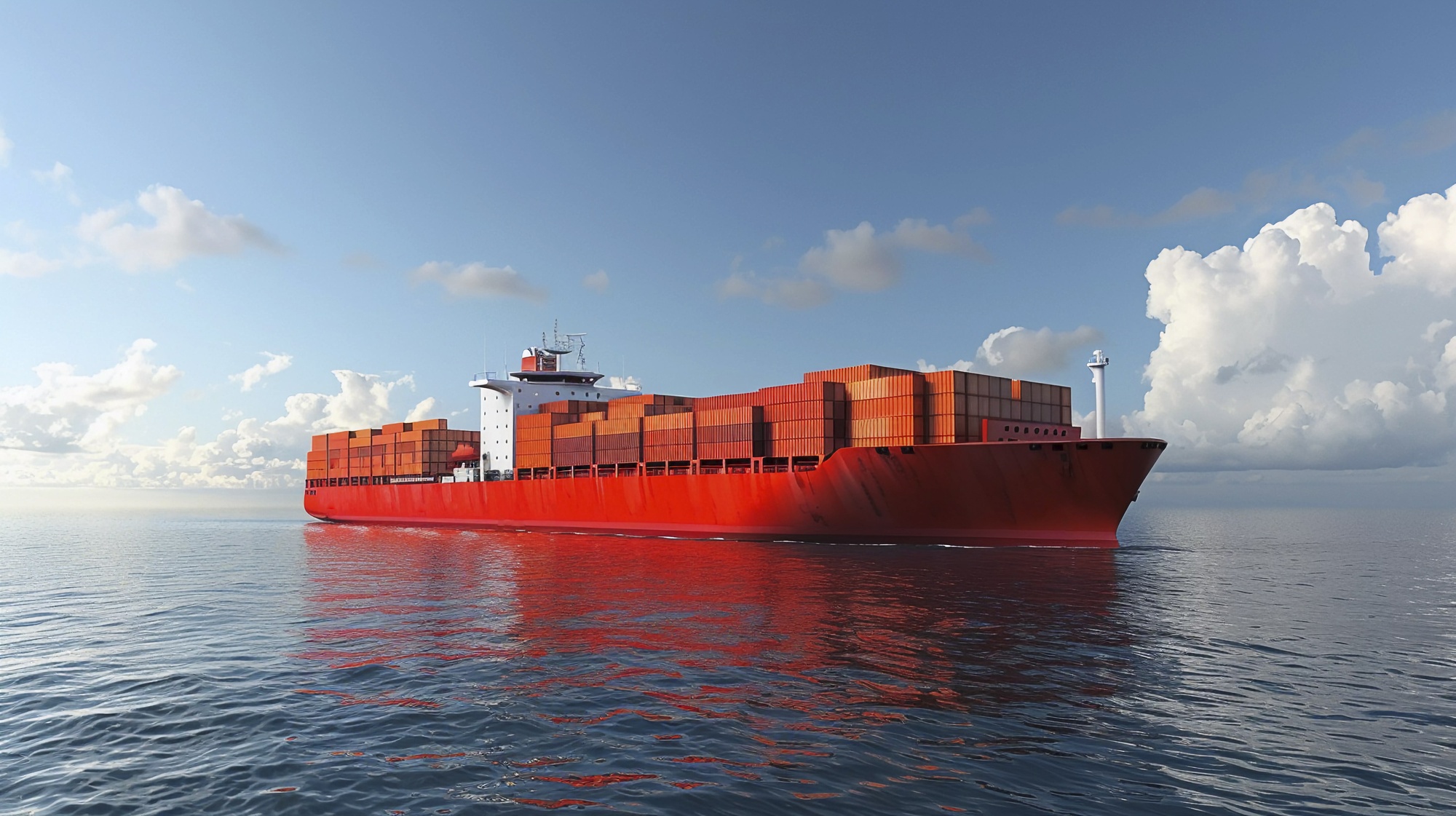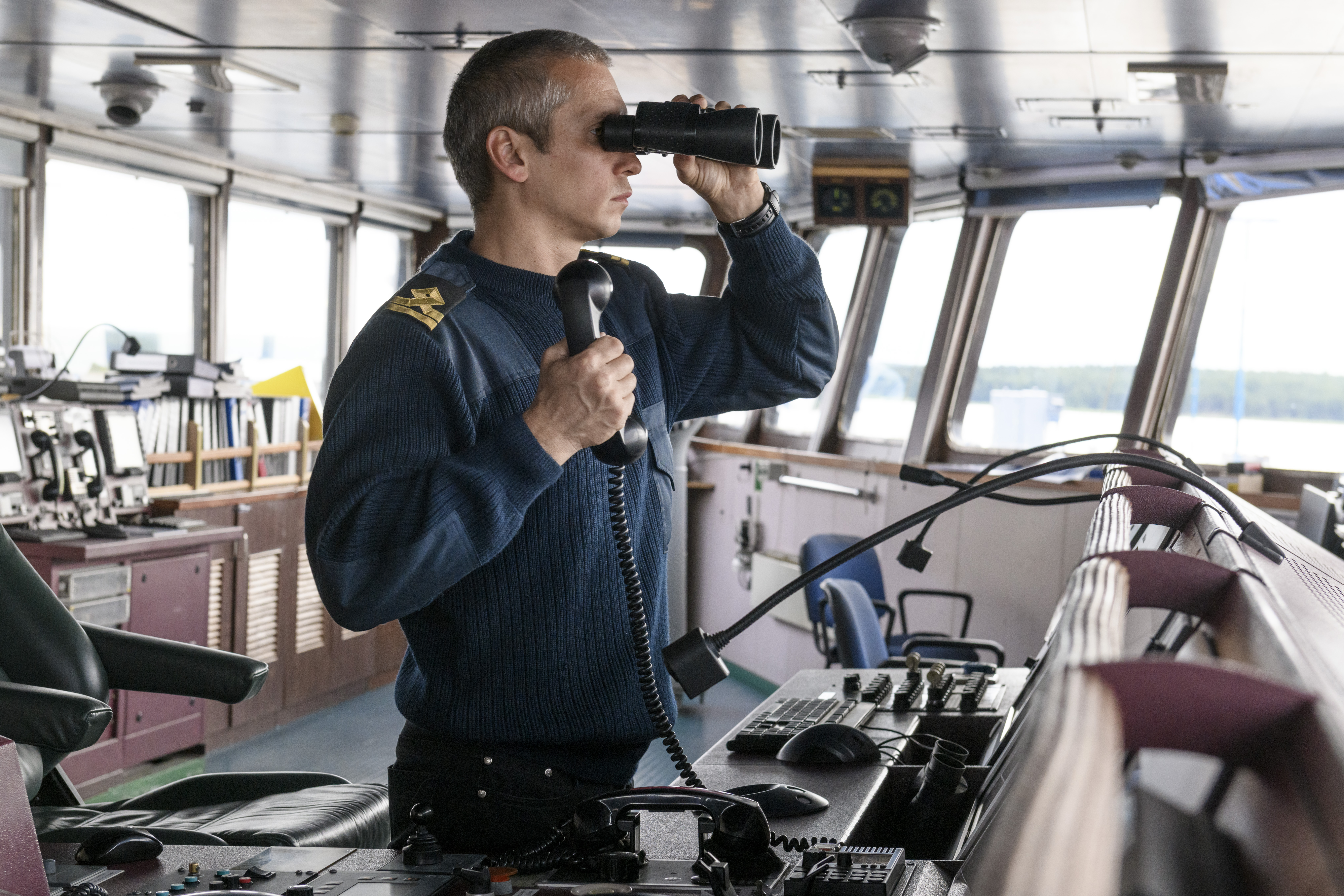Blending
Fuel oils are generally blends of different grades of oil. These oils will separate out if left in tanks for long periods. Bunkers should not be shipped unless they have been blended ashore and under no circumstances shall they be shipped in separate parcels and mixed in the vessels bunker tanks. When bunkering ex-barge it is important to ascertain that any blending has been carried out ashore before shipment.
Bunkering procedures
➢ The C / E must ensure that all bunker operations personnel are familiar with the organization of the vessel’s bunkering, including overhead pipes, valves and sound pipes. Prior to bunkering, all piping, ventilation and flame pipes must be inspected to ensure that air and gas can escape freely. Unused connections must be properly secured with all installed bolts. The workpieces must be installed before the hopper connection, which is used immediately after the completion of hopper operations.
➢ It is important that the hoppers are without water before taking the hoppers.
➢ New bunkers should, as far as possible, be separated from bunkers that remain on board and not be used until analysis confirms that they are acceptable.
➢ Bunker procedures with a fuel line plan should be constantly displayed at the bunker station and ECR. Procedures should clearly define who is responsible for the operations and communication procedures to be adopted.
The instructions for the emergency stop must be clearly stated.
➢ Before starting bunkering work, the chief engineer vacancy must ensure that the quantity to be delivered can be reliably accepted by the vessel and that the pumping rate (tons / hour) is agreed with the supplier. All measuring equipment that will be used throughout the operation must be checked for accuracy before starting work.
➢ The COP should ensure constant supervision by officers during the bunkering operation. And C / E should provide careful oscillation / sounding that the specified quantity is received.
➢ The hopper collector must be visited at all times.
➢ Heavy and diesel hoppers must not be carried out at the same time, and internal transmissions of heavy or diesel engines must not take place during hopper operations.
➢ It is necessary to use the standard form of the company “Checklist” and to ensure that all products are strictly adhered to.
Letter of protest
In event that either the BDN or the statutory sample, or both, have been found to be non-compliant,
a LOP should be issued in accordance with the company standard form
The LOP shall be prepared in 5 copies – one copy each for the supplier, the ship owner, the Company and the port state authority over-seeing the registration of the suppliers and the ship’s record. Issuing of the LOP will demonstrate the ship’s understanding of MARPOL Annex VI requirements putting the onus on the supplier in the event that a port state authority challenges any non-compliance identified.




